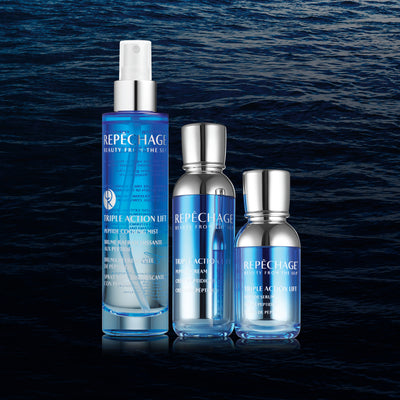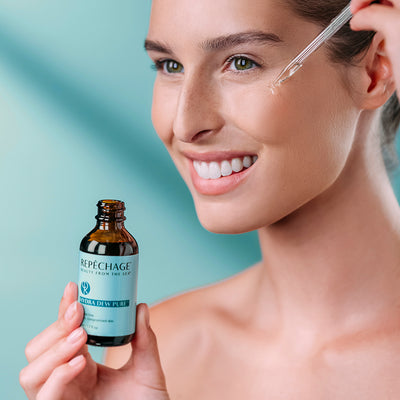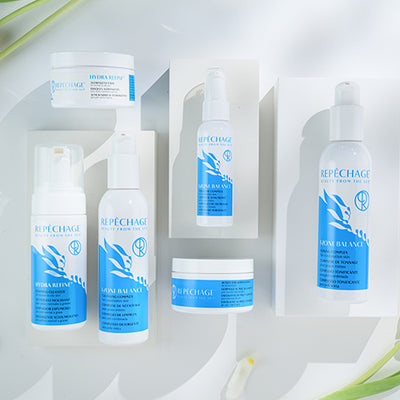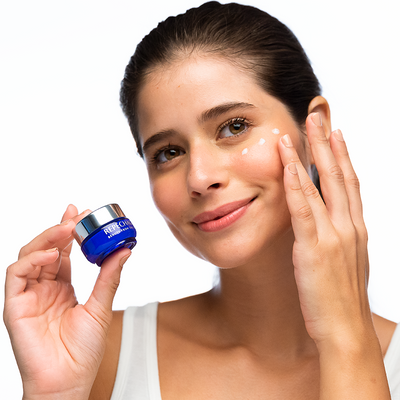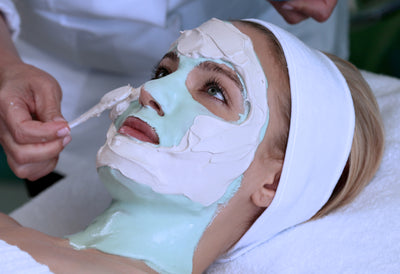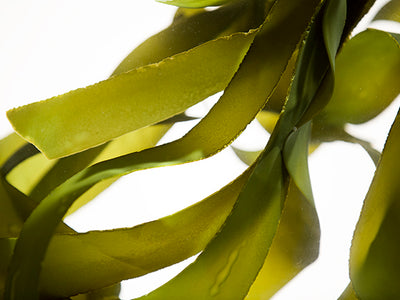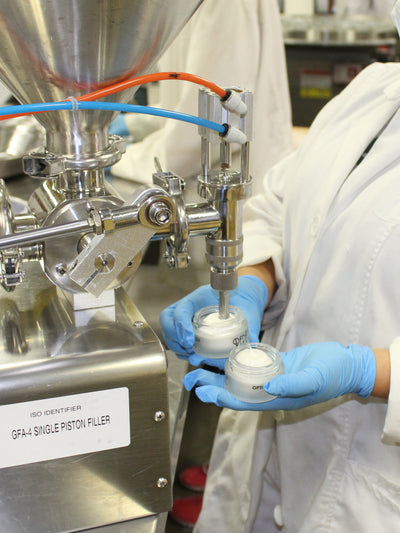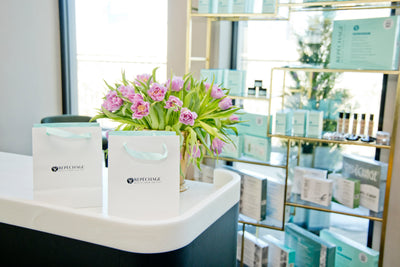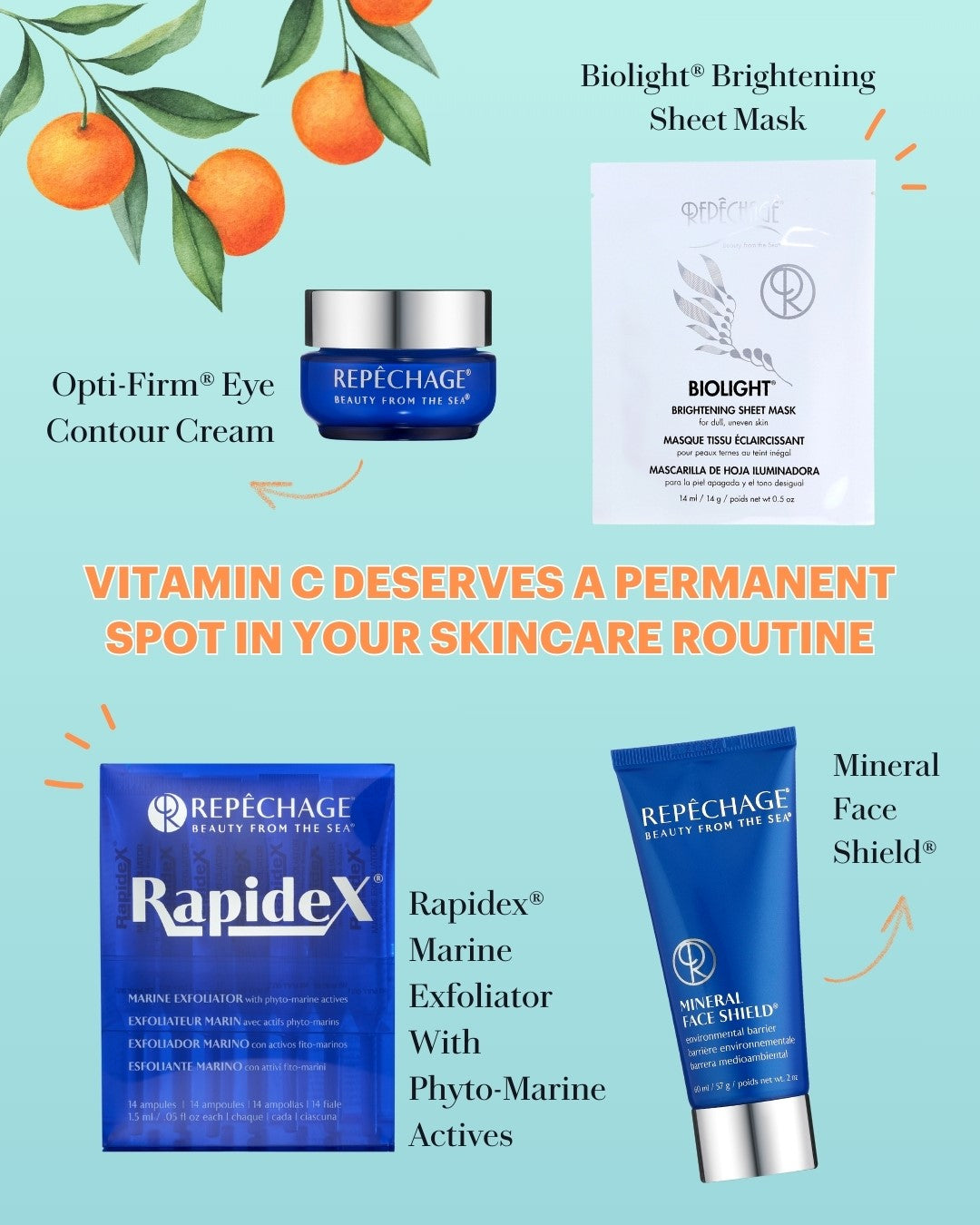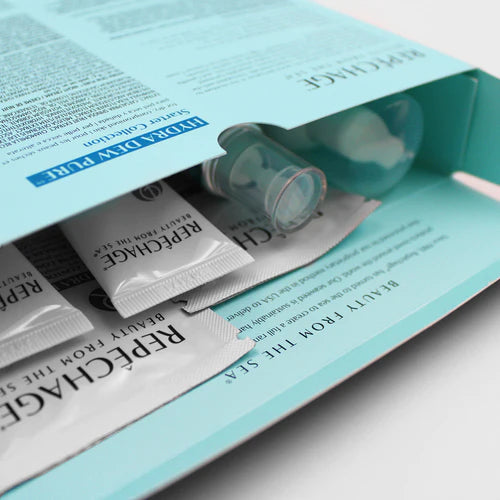6 Common Skin Care Words Defined
With new advances in skin care each day, it can be hard to keep up – let alone understand! For this reason, we thought we’d make things a little more clear and create a list of some common skin care lingo. Without getting too scientific, we’ve provided definitions of these terms just for you!
1. Collagen - A protein found in your skin, bones, and ligaments that provides strength to your skin’s structure. As we age, the production of collagen begins to slow down, which is why our skin begins to wrinkle.
2. Elastin – A protein in connective tissue that is elastic and allows many tissues in the body to resume their shape after stretching. While collagen provides strength to the skin, elastin provides the snap or resiliency, allowing the skin to move about. When the elastin fibers undergo changes that cause them to lose their resiliency or snap, the skin is no longer able to return to its original state. This is why sagging and crinkling forms, and the those dreaded wrinkles come about!
Peptides are your answer for stimulating collagen production, and preventing the breakdown of elastin. Found in our Vita Cura Anti-Aging Facial Products, and Biolight Brightening Corrective Skin Care Products, peptides will help trick your skin into thinking that collagen is diminishing, and that it needs to produce more collagen, while also helping to prevent the breakdown of elastin.
3. Non-Comedogenic – The word “comedo” actually refers to blockage of a pore from excess sebum (oil) in the pore. When products are described as “non-comedogenic” such as this means that they possess ingredients that do not promote pore-clogging or acne. Non-comedogenic is a good thing!
4. Anti-Oxidants – The collective name for the vitamins (Vitamin A, E, C, etc.), carotenoids, and polyphenols that protect the body from harmful free radicals. What is a free radical you ask?
5. Free Radicals – An unstable and highly reactive atom or group of atoms. In human tissues, free radicals can damage cells and are believed to accelerate the progression of cancer, cardiovascular disease, and age-related disease. Free radicals contribute to skin aging by attacking the DNA of skin cells, break downing collagen and elastin. Free radicals are triggered from environmental factors, such as UV rays, smoking, pollution, and poisons.
6. Humectant – A substance that helps retain water and moisture. An example of an all natural humectant is honey, found in our Honey and Almond Scrub. As a humectant, honey helps retain moisture in the skin, while also providing soothing properties. in the nectars of the flower visited by bees.
What other skin care terms that you would like to know more about? Tell us in the comments below!




